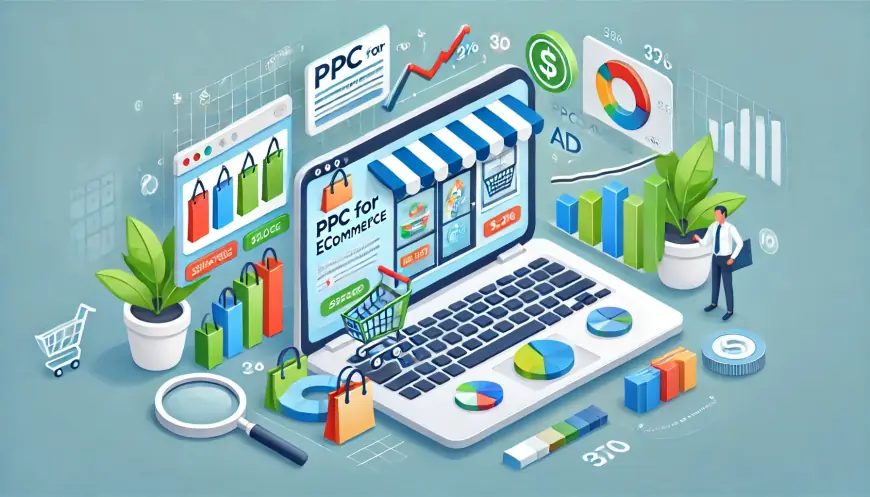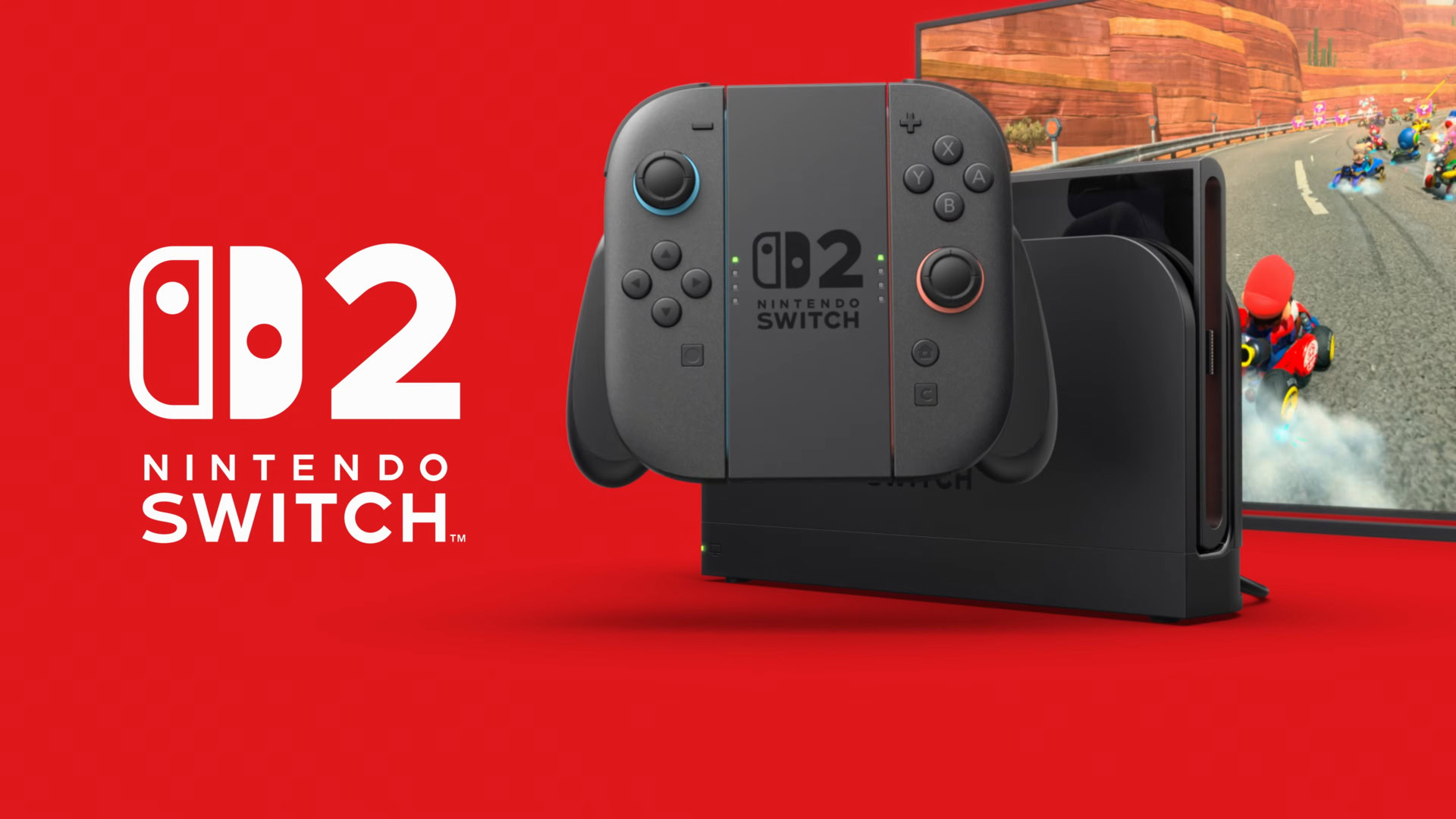PPC for Ecommerce: Strategies to Maximize Conversions and Revenue
Discover effective PPC strategies for eCommerce to boost conversions, increase revenue, and achieve optimal ROI with targeted campaigns.

Ecommerce businesses face stiff competition in today’s digital marketplace. To stay ahead, many online retailers leverage PPC (Pay-Per-Click) advertising, a proven strategy to drive traffic, increase conversions, and boost revenue. Whether you're partnering with an ecommerce PPC agency or handling campaigns in-house, this guide explores the most effective strategies for maximizing success with PPC for ecommerce.
What is PPC for Ecommerce?
PPC advertising is a marketing strategy where businesses pay a fee every time someone clicks on their ad. In the ecommerce space, PPC campaigns focus on driving qualified traffic to online stores, encouraging users to complete purchases. Platforms like Google Ads, Bing Ads, and social media channels play key roles in ecommerce PPC campaigns.
The Benefits of Ecommerce PPC Advertising
1. Immediate Traffic Boost
With a well-optimized PPC campaign, ecommerce businesses can instantly drive traffic to their websites. This is particularly valuable for new product launches or seasonal promotions.
2. Highly Targeted Audience
PPC allows businesses to target specific demographics, interests, and purchase behaviors. This precision ensures your ads reach the right audience, increasing the likelihood of conversion.
3. Measurable Results
Platforms like Google Ads and Facebook Ads provide detailed insights into campaign performance. Metrics such as CTR (Click-Through Rate), CPC (Cost Per Click), and ROI (Return on Investment) allow ecommerce businesses to refine strategies for better results.
Essential PPC Strategies for Ecommerce Success
1. Partner with an Ecommerce PPC Agency
Collaborating with a professional ecommerce PPC agency can streamline your campaigns and enhance performance. Agencies have the expertise to:
-
Identify profitable keywords.
-
Create compelling ad copy.
-
Optimize campaigns for maximum ROI.
By entrusting your campaigns to an ecommerce PPC company, you can focus on core business operations while experts manage your advertising.
2. Invest in Ecommerce PPC Management
Effective ecommerce PPC management is critical to maximizing returns. This involves:
-
Regularly monitoring campaigns.
-
Testing different ad creatives.
-
Adjusting bids based on performance data.
PPC management ensures that budgets are spent wisely, avoiding wasteful clicks and focusing on high-converting opportunities.
3. Prioritize Google Shopping Ads
Google Shopping Ads are a cornerstone of ecommerce PPC services. These visually appealing ads showcase products with images, prices, and ratings directly in search results. Key tips for Google Shopping success include:
-
Optimizing product titles and descriptions with relevant keywords.
-
Ensuring high-quality images.
-
Setting competitive bids for top-performing products.
4. Leverage Dynamic Retargeting
Not all visitors to your ecommerce site will make a purchase on their first visit. Dynamic retargeting uses PPC ads to re-engage users who browsed your site but didn’t convert. These ads feature products the user viewed, enticing them to return and complete the purchase.
5. Optimize for Mobile
Mobile accounts for a significant portion of ecommerce traffic. Ensure that your PPC campaigns are optimized for mobile devices by:
-
Creating mobile-friendly landing pages.
-
Using ad extensions like click-to-call for instant engagement.
-
Monitoring mobile-specific performance metrics.
6. Focus on High-Intent Keywords
Keyword selection is crucial for ecommerce PPC services. High-intent keywords, such as "buy [product name]" or "discount [product name]," attract users who are ready to purchase. Use tools like Google Keyword Planner to find relevant, high-converting keywords.
7. Use Social Media Ads
Platforms like Facebook, Instagram, and Pinterest offer powerful PPC options for ecommerce. These ads are ideal for visually showcasing products, targeting niche audiences, and building brand awareness.
Challenges of Ecommerce PPC and How to Overcome Them
1. High Competition
Popular keywords often have high CPCs due to competition. To counter this, focus on niche, long-tail keywords and leverage negative keywords to filter out irrelevant traffic.
2. Budget Management
Without proper management, PPC costs can escalate. Using automated bidding strategies and allocating budgets to high-performing campaigns can ensure cost-effectiveness.
3. Ad Fatigue
Consumers can grow tired of seeing the same ads repeatedly. Regularly refresh ad creatives and test new formats to keep your campaigns engaging.
When to Hire an Ecommerce PPC Company
While some businesses manage PPC campaigns in-house, others benefit from the expertise of an ecommerce PPC company. Consider outsourcing when:
-
You lack in-house expertise or time to manage campaigns.
-
Your campaigns are underperforming despite optimization efforts.
-
You need to scale campaigns to reach a larger audience.
How to Measure Ecommerce PPC Success
Key performance indicators (KPIs) help evaluate the success of ecommerce PPC management efforts. Monitor metrics like:
-
Conversion Rate (CR): Percentage of users who complete purchases.
-
Return on Ad Spend (ROAS): Revenue generated per dollar spent.
-
Cost Per Acquisition (CPA): Average cost of acquiring a customer.
Also read: Utility NFTs Explained: Beyond Collectibles to Real-World Benefits
FAQs About PPC for Ecommerce
1. What is the role of an ecommerce PPC agency?
An ecommerce PPC agency manages advertising campaigns, ensuring optimal performance. They handle everything from keyword research to ad creation and ongoing campaign optimization.
2. How much should I budget for ecommerce PPC?
Budgets vary based on goals and competition. A typical starting budget for small businesses ranges from $1,000–$5,000 per month, but this can scale up significantly for larger campaigns.
3. How can I improve my ecommerce PPC conversion rate?
To boost conversions:
-
Use high-quality visuals and compelling ad copy.
-
Focus on retargeting campaigns.
-
Optimize landing pages for speed and relevance.
4. Are Google Shopping Ads worth it for ecommerce?
Absolutely. Google Shopping Ads drive high-quality traffic by showcasing products directly in search results. They’re particularly effective for product-based businesses.
5. What are some common ecommerce PPC mistakes to avoid?
Avoid these pitfalls:
-
Ignoring negative keywords.
-
Neglecting mobile optimization.
-
Failing to track and analyze campaign performance.
6. How long does it take to see results from ecommerce PPC?
Results can be seen within weeks, but optimal performance may take 2–3 months of consistent monitoring and optimization.
Conclusion
PPC for ecommerce is a powerful tool to drive conversions and boost revenue when executed correctly. Whether you work with an ecommerce PPC company or handle campaigns internally, the strategies outlined above will help maximize results. By investing in expert ecommerce PPC management and leveraging targeted approaches like Google Shopping Ads and retargeting, you can achieve significant growth for your online store.
What's Your Reaction?
 Like
0
Like
0
 Dislike
0
Dislike
0
 Love
0
Love
0
 Funny
0
Funny
0
 Angry
0
Angry
0
 Sad
0
Sad
0
 Wow
0
Wow
0
















































